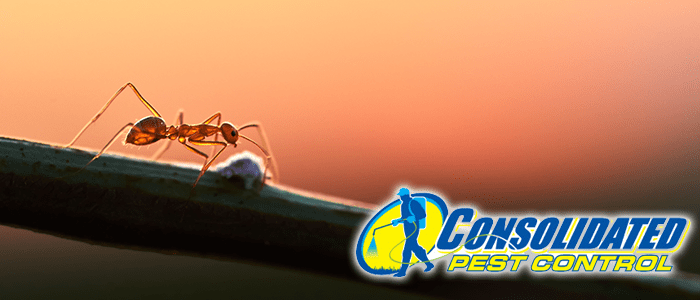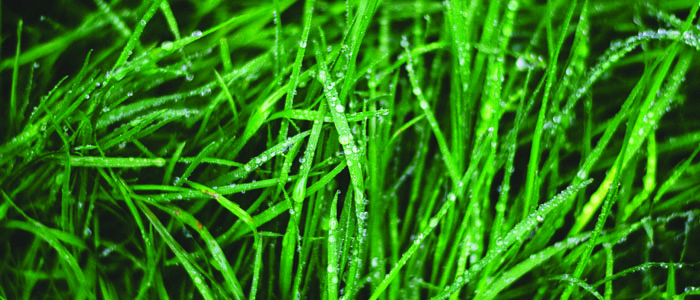
Fire ants are pests no matter how you look at them. These bugs can bite your family and pets, keeping you from enjoying the outdoors. You can find them in your home despite your best cleaning methods. Various fire ant treatments can be used to treat the nests. However, what you can’t typically use to kill them is water. In this article, we’re looking at how fire ants respond to water and how it could be bad for you.
This article is meant to provide general information. If you are dealing with an infestation of pests and need pest control assistance, we’re here to help. Contact us today.
Ants Are Difficult To Drown
Fire ants have a very unique way of breathing. They do not have lungs like a person. Instead, ants have a series of hole along their bodies called spiracles. Spiracles can transport oxygen throughout the body of an ant while releasing carbon dioxide. Movement keeps the spiracles open and clear.
Attempting to drown a fire ant with only water may give you mixed results. Because of their unique breathing structure, fire ants can expel water from the holes along its body. Even ants that have been drenched with water and appear dead can live again when their spiracles dry out.
Ants Can Swim
They may not be able to compete in the Olympics, but fire ants can swim. Like a tiny version of the doggie paddle, fire ants can wriggle their way to safety. Do to their unique spiracle breathing, fire ants have the ability to hold their breath when they are underwater. The amount of oxygen needed to sustain them is minute. Pathways can be cleared of water from evaporation or movement. This type of ant can float for a very long time, saving that oxygen to keep it from drowning.
Floating Ant Rafts
Have you ever heard of floating fire ant rafts? In areas that flood, rising waters will cause fire ant colonies to react in a pretty intense manner. Fire ants ball together around their queen to keep her and the colony from drowning. They become a literal raft of ants. The raft will continue the path of the flood water until it hits dry land. At that point, your fire ant colony may have just become someone else’s issue. Unfortunately, it took a flood to move them.
Rainy Season Can Bring Them Closer
Ants can withstand the rain. However, to protect the colony they can move the nest to hire ground during the rainy season. Unfortunately, that may lead to fire ant colonies budding right up against your house or porch. Homes without gardens of mulch or rock beds can see ants calling this higher ground home. Properly drained areas can mean a ton of benefits for the fire ants. It’s less likely to flood or collapse the nest. The queen can be protected. Food sources inside your home may be a foraged meal for the colony. All the benefits for the ants, and all the headache for you as a homeowner.
Fire Ant Prevention
Fire ants can be prevented using organic or nature pest control solutions. As a best practice, you should treat your yard on a regular basis. A pest control expert can advise you on a maintenance plan that provides treatment for fire ants and other pests they catalogue in your yard.
If your home or business is in need of pest control services, our team is happy to help. Contact us today.








